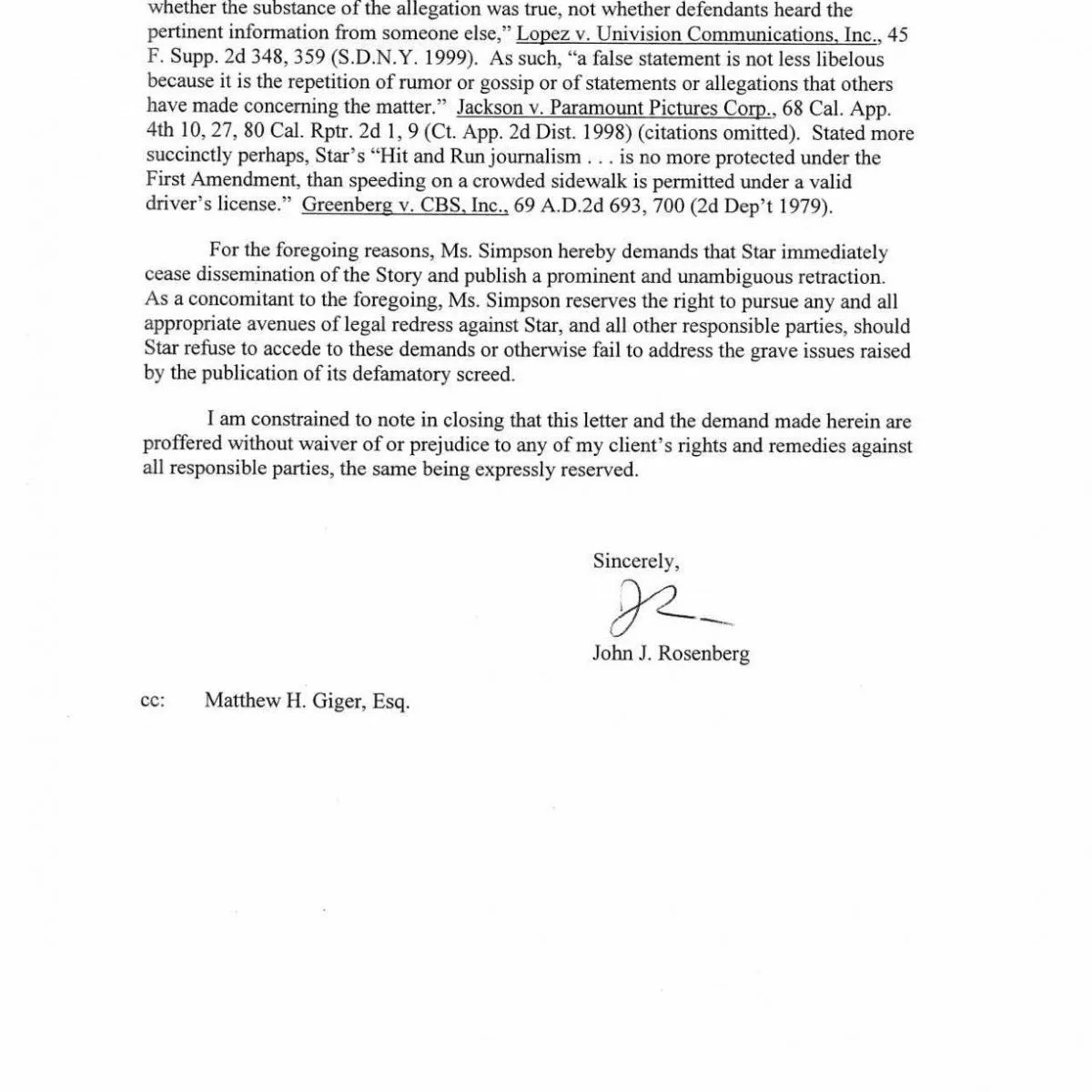The Importance of Cover Letter Sign-Offs
The cover letter, often overlooked, is a critical component of your job application. It’s your chance to make a strong first impression, demonstrate your enthusiasm, and showcase your qualifications beyond the confines of your resume. And just as important as your opening paragraph and the body of your letter is your sign-off. A well-chosen sign-off is the final touch that can leave a lasting positive impact on the hiring manager, influencing their perception of you and your application. A weak or inappropriate closing can undermine all the effort you put into crafting a compelling cover letter. Therefore, understanding the best way to sign off a cover letter is a key element of a successful job application strategy. This article will explore the best cover letter sign-offs, guiding you on how to choose the right one for any situation.
Why the Closing Matters
The closing of your cover letter serves several vital purposes. It reiterates your interest in the position, offers a call to action (e.g., inviting them to contact you), and, most importantly, reinforces your professionalism. A strong closing demonstrates that you are attentive to detail and committed to presenting yourself in the best possible light. It provides the hiring manager with a final glimpse of your personality and your communication style. Furthermore, a well-crafted closing can subtly convey your confidence and enthusiasm for the opportunity. The sign-off completes the narrative you’ve woven throughout your cover letter, leaving the reader with a positive and memorable impression. The right sign-off assures the hiring manager that you are a serious candidate and creates a lasting positive impression.
Common Mistakes to Avoid
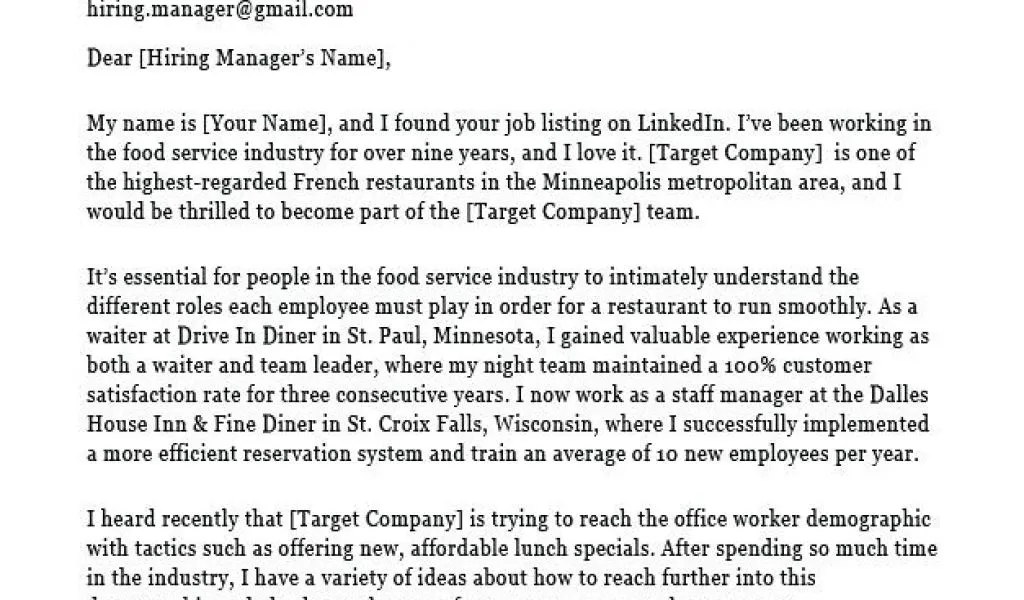
Several common pitfalls can detract from the effectiveness of your cover letter sign-off. Overly casual closings, such as ‘Later’ or ‘Cheers,’ are generally inappropriate for professional correspondence and can signal a lack of respect for the hiring manager and the company. Similarly, overly formal sign-offs that feel stilted or out of sync with your overall tone can also be detrimental. Another mistake is to use the wrong sign-off for the specific job, company and also not proofreading for errors. Typos or grammatical errors in your sign-off can undermine your credibility and make you appear careless. Finally, avoid generic sign-offs like “Thank you for your time” without any personal touch; aim for something that reflects your individual voice and the specific context of the job application. Always remember to customize your approach.
Top 5 Cover Letter Sign-Off Choices
Sincerely
This is a classic and reliable choice, appropriate for nearly all cover letters. ‘Sincerely’ is a safe, professional, and respectful sign-off that conveys sincerity without being overly effusive. It’s a good default option if you’re unsure of the company culture or your relationship with the hiring manager. It is simple, straightforward and leaves a positive impression. It is a versatile option that works for most situations. This sign-off is a timeless classic for a reason – it’s universally understood as polite and professional.
Best Regards
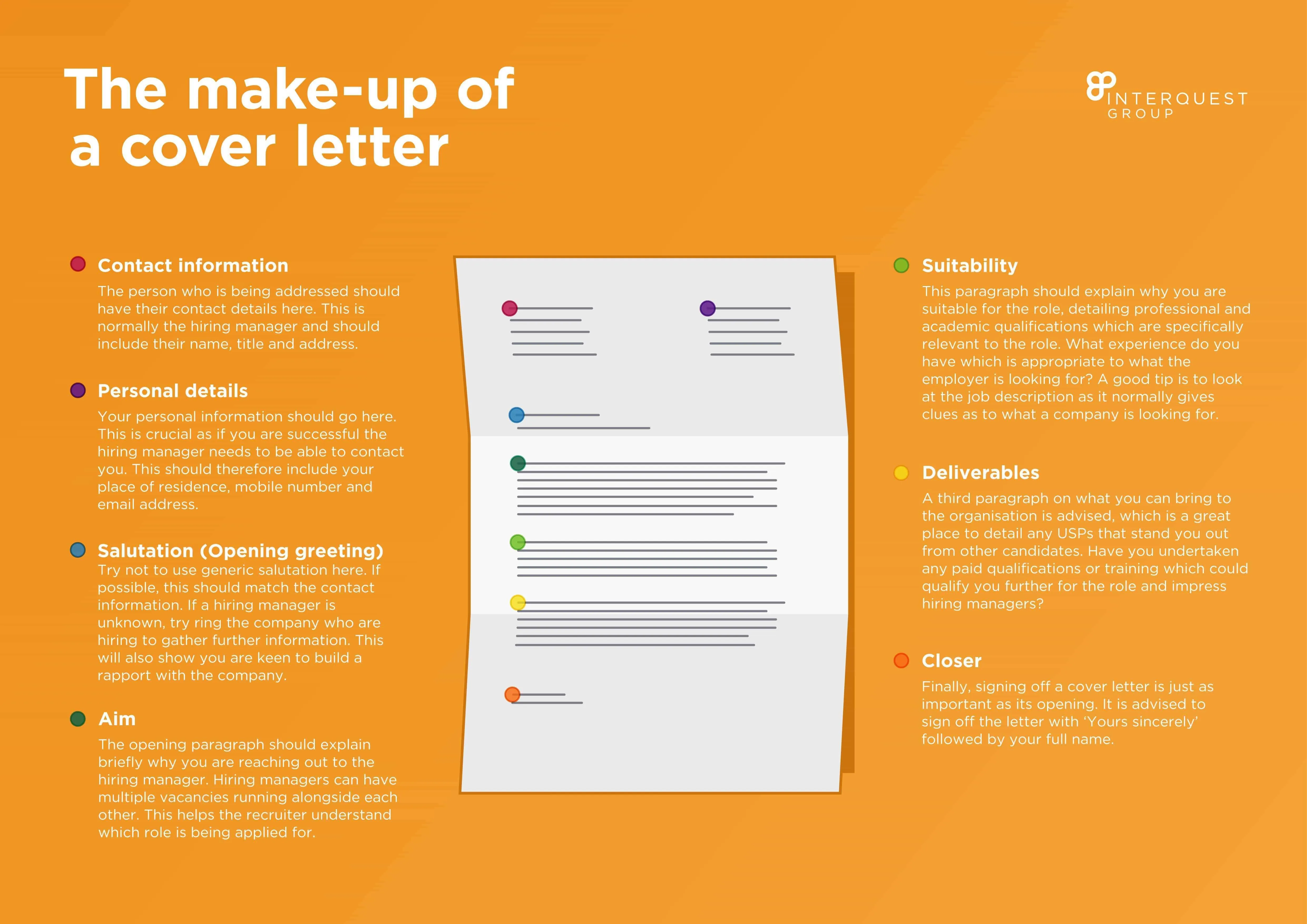
This sign-off conveys a sense of warmth and professionalism. ‘Best Regards’ is a step up from ‘Sincerely’ in terms of warmth, indicating that you are wishing the recipient well. It’s suitable for a wide range of situations and can be particularly effective when you want to express enthusiasm and positivity about the opportunity. Consider using this sign-off when you have a moderately warm relationship with the hiring manager. This ending is excellent for showing enthusiasm while still maintaining a professional tone, making it suitable for most professional situations.
Kind Regards
‘Kind Regards’ adds a touch of friendliness and warmth to your closing. It’s a good option when you want to appear approachable and personable. This sign-off is slightly more friendly than ‘Best Regards’ and can be a good choice if the company culture seems relaxed and collaborative. However, ensure it aligns with the overall tone of your cover letter. It conveys friendliness and respect, it can create a positive and approachable tone that can be very appealing.
Thank You
A simple ‘Thank you’ can be a powerful sign-off, especially when combined with a brief statement of gratitude for the opportunity. It expresses appreciation for the reader’s time and consideration. Following ‘Thank you’ with a sentence that reiterates your interest in the position and your excitement about the prospect of joining the company can add impact. This sign-off is direct and professional, expressing gratitude for the opportunity and their time. It’s a respectful choice that acknowledges their efforts in reviewing your application. It works well when you want to express appreciation and show that you value the opportunity.
Respectfully
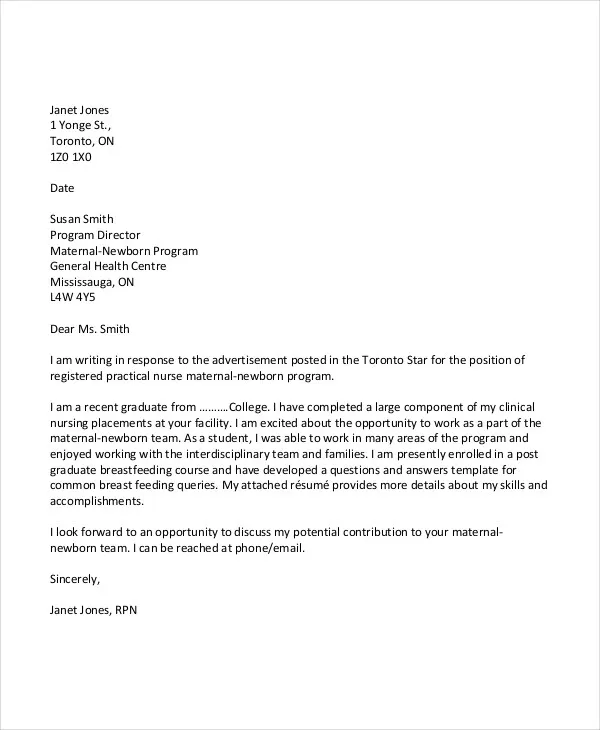
This is a formal and respectful choice, suitable for more formal situations or when you want to convey a high degree of deference. It’s a good option if you are applying to a traditional or very conservative company, or if you are addressing someone with a high title or position. It’s important to note that this sign-off can sometimes feel overly formal for some modern workplaces, so consider your audience carefully. This sign-off demonstrates a high level of respect and is ideal for formal situations. It shows that you value the reader’s time and consideration.
Choosing the Right Sign-Off
Your Relationship to the Recruiter
If you know the hiring manager or have had previous contact, you can choose a slightly warmer sign-off. ‘Best Regards’ or ‘Kind Regards’ may be more appropriate. If you’re unsure about the hiring manager, or if you’re writing a more formal cover letter, ‘Sincerely’ or ‘Respectfully’ are usually safe choices. The key is to choose a tone that is consistent with your previous interactions and the overall tone of your letter. Your choice should align with the level of formality in your communication.
The Job and Company Culture
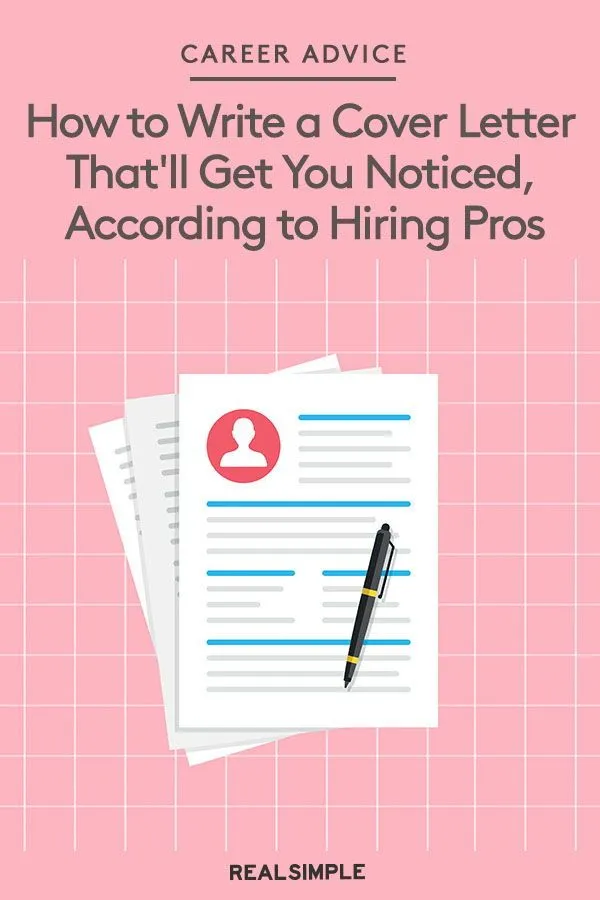
Consider the job and the company culture. If the company culture seems more relaxed and informal, ‘Best Regards’ or ‘Kind Regards’ might be a good fit. For a more traditional company or role, a more formal sign-off like ‘Sincerely’ or ‘Respectfully’ is generally better. Researching the company can give you insights into their values and communication styles. When in doubt, it’s usually safer to err on the side of professionalism and use a more formal sign-off. Adapt your sign-off to match the company’s values.
Formatting and Placement
Placement of the Sign-Off
The sign-off should be placed a few lines below the final paragraph of your cover letter. Leave space for your signature (if printing) and then type your full name below the sign-off. This formatting provides a clean, professional look and makes it easy for the hiring manager to read and process the information. A professional layout enhances readability. This clear structure guides the reader.
Font and Style Considerations
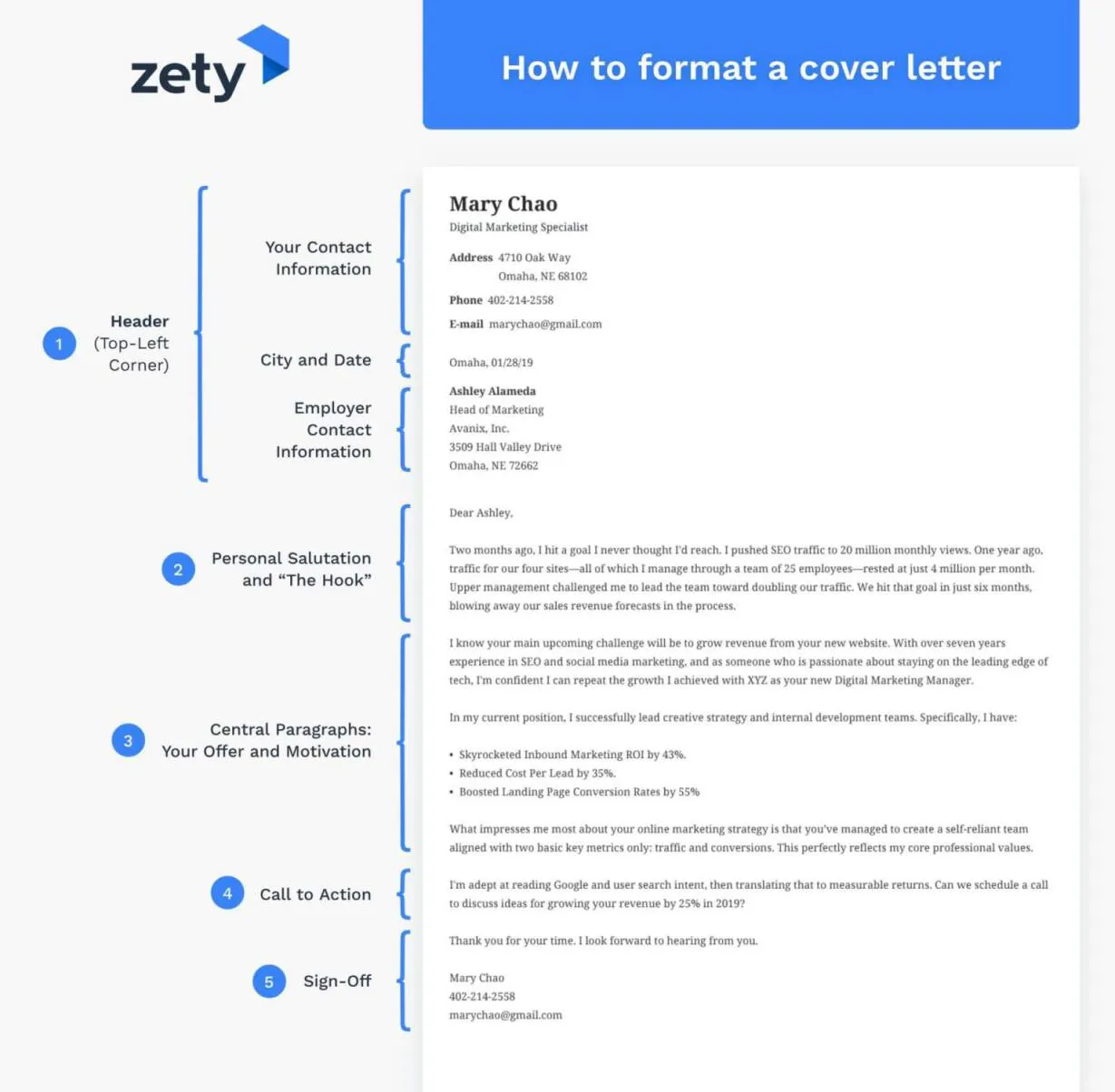
Use the same font as the rest of your cover letter. This maintains consistency and professionalism throughout the document. Stick to standard, readable fonts such as Times New Roman, Arial, or Calibri. Ensure the font size is consistent. Consistency in font choice demonstrates your attention to detail. Your letter must appear professional, to make a lasting impression.
Final Thoughts and Next Steps
Review and Proofread
Always proofread your entire cover letter, including your sign-off, for any errors in grammar, spelling, or punctuation. These seemingly small details can make a big difference in the impression you create. Use a grammar checker and read your letter aloud to catch any mistakes. Proofreading shows that you are careful and attentive. Always review the whole document for errors.
Following Up
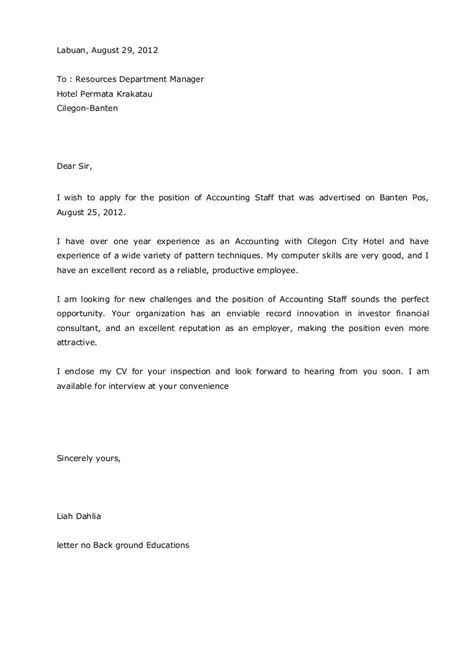
After submitting your cover letter, consider following up with the hiring manager (if the job posting allows). A simple email or phone call a week or two after the application deadline shows your continued interest. Mention your closing remarks again to remind them of your application and thank them for their time. Following up is a sign of proactive behavior and shows you’re keen to move forward in the application process. A concise and polite follow-up can help you stay top of mind with the hiring manager.
